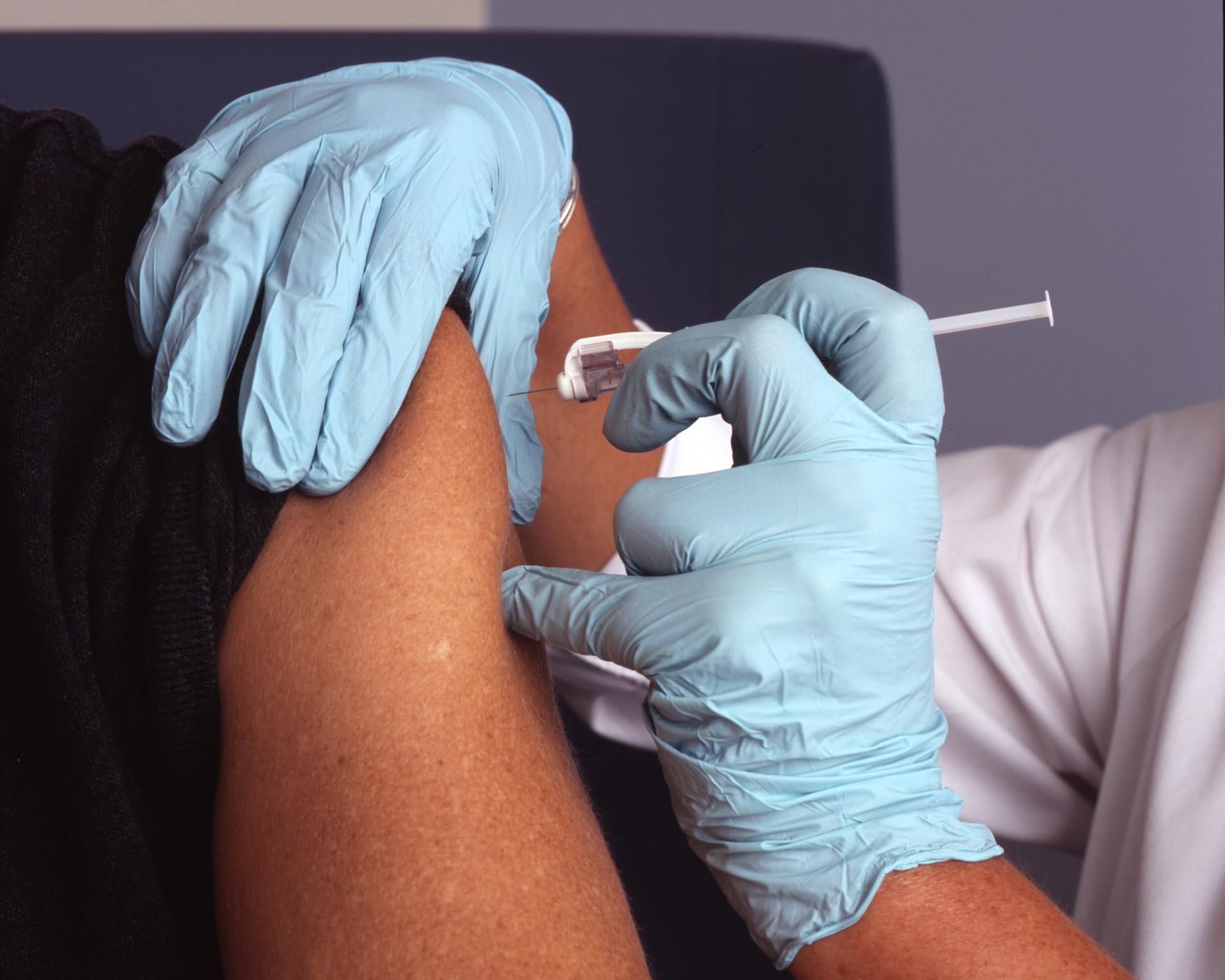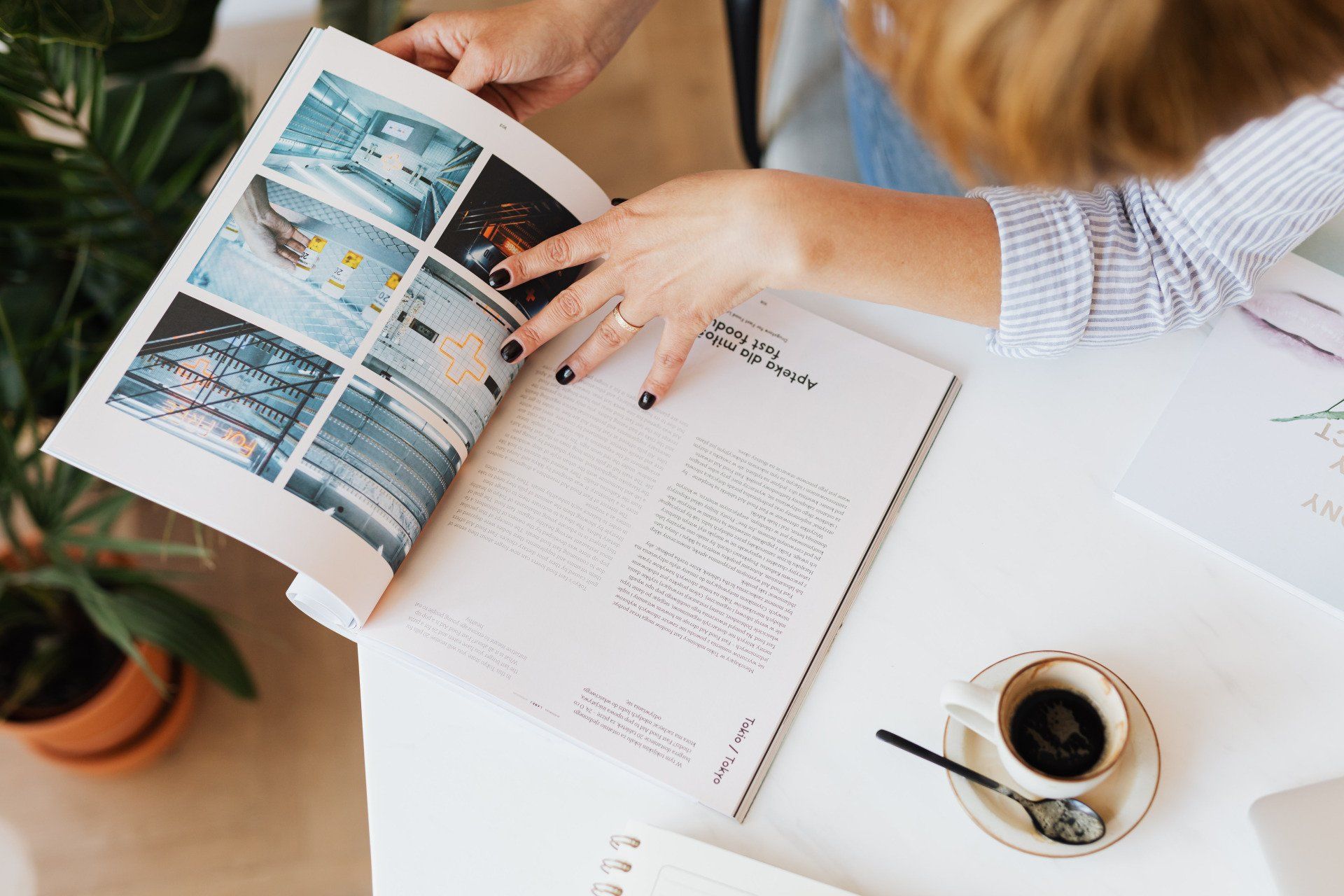Volatility fuels the markets, but what does that mean for related Careers?
Volatility fuels the markets , but w hat does that mean for related Careers?
As the impacts of COVID-19 continue to play-out globally, the resulting share market volatility is driving high levels of trading activity.
But does that equate to buoyancy for career opportunities in related finance fields? Well, according to the experts at global recruitment firm, Tardis Group, it depends upon where you are and what side of the trade you’re working on.
One thing’s for sure, however, whilst the deadly virus has changed the way people everywhere are living, plenty of Sophisticated, Institutional and retail investors are trying to cash in on the ups and downs of share markets everywhere.
We asked those overseeing financial recruitment in key trading hubs what they’re seeing in terms of career opportunities in the sector, in the midst of the pandemic fallout.
In the US the volatility is keeping Tardis’s core clients busy and they’re keeping eyes open for exceptional talent.
So much so, that Tardis’s Head of US Business Development Vickram Tandon says it’s become a candidate-driven arena.
‘For a good candidate there are a lot of takers and our clients are willing to put their best foot forward,’ he said.
‘We’ve found that the working from home scenario has been helpful for their recruitment, we’re able to speak with candidates more easily.’
In Australia the COVID-19 hot spot is Melbourne.
But Global and Capital Markets Recruiter Jonathan Turner says equity market volatility in March and April generated significant revenue for trading desks that were poised to capitalise on such events.
‘Some active funds that were hit hard in March have bounced back and recovered well,’ he said.
‘It’s been a period of high activity for most in the front office, with long hours worked to cope with larger trading volumes.
‘Equity and credit analysts have been busy re-evaluating stocks and companies, checking their ability to perform through the COVID restrictions. Hiring has been muted, but the emphasis has been on hiring experienced people who can operate autonomously from remote locations.’
Sydney teeters with threatening virus hotspots and hiring for the fixed income, currencies and commodities scene remains extremely quiet as local and international banks implement disaster recovery plans. That’s involving the allocation of staff and technology to secondary sites and setting up work from home arrangements.
Tardis Group Sydney, Managing Director Ian Gaston, says some employers have implemented rotation systems with groups moving between home, their work headquarters and secondary sites – all in a bid to keep operational whilst managing the challenges of distancing teams and departments.
‘We have seen very few strategic hires over this time,’ Mr Gaston said.
‘The exceptions include CitiGroup hiring a Head of International Hedge Fund/Real Money Sales; Westpac taking Deutsche Bank’s CEO to replace Lynn Cobley after her retirement; and, NAB securing the hire of Deutsche’s Senior Fixed Income Strategist.
‘When we review the buyside domestically and across Asia, both the Discretionary and Systematic Funds have generally made a lot of money and they are reinvesting these returns into talent, this is across PM’s, traders, researchers/strategists and technologists.
‘A big and unprecedented hurdle of course is relocation, so new hires are being set up remotely with the idea of moving them to their new firms – or their new countries – when international travel opens up again.’
Head north to Japan and the employment market remains slow as uncertainty continues to reign. Of the hiring activity that is occurring, the Japanese-based firms appear more buoyant than those based offshore.
In Singapore, local talent is in high demand, due to the COVID work visa situation.
Consultant in Asian Emerging Markets for Tardis, Tristan Zhang, says with market volatility, sell side banks are making profits, however it’s not translating into greater head counts, rather hiring has been slower.
‘However, demand for those in quantitative analysis/research/trade from both the buy and sell side seem steady and competitive,’ he said.
Hong Kong has seen two very large IPOs (Initial Public Offerings) and secondary listings in JD.com and NetEase raising over US$6bn between them. In total for the year it’s been about US$11bn for Hong Kong.
Shanghai has done even more, raising nearly US$14bn so far this year and the IPO pipeline for the second half remains strong with Ant Financial which operates Alipay across Alibaba’s e-commerce platform. The Hong Kong Exchange has also launched a new Hang Seng Tech Index similar to the NASDAQ in New York that will track the top 30 tech stocks listed.
Tardis Group’s Hong Kong Director, Alastair Bruce, says roles that are China-focused will continue to dominate the recruitment world, along with those requiring technical expertise.
‘The general landscape for hiring remains slow with some restructuring in the banking world yet to come, but I believe things will pick up in the fourth quarter as platforms look to 2021 and a post–COVID world,’ he said.












